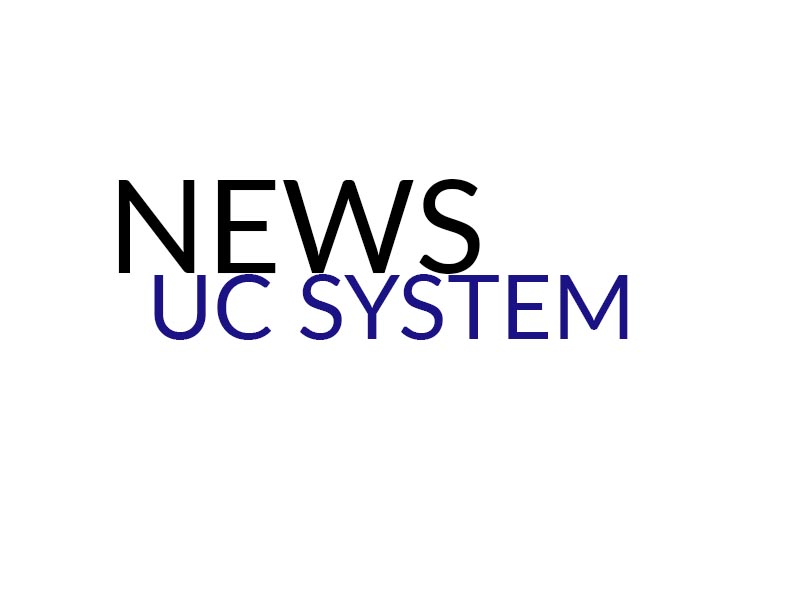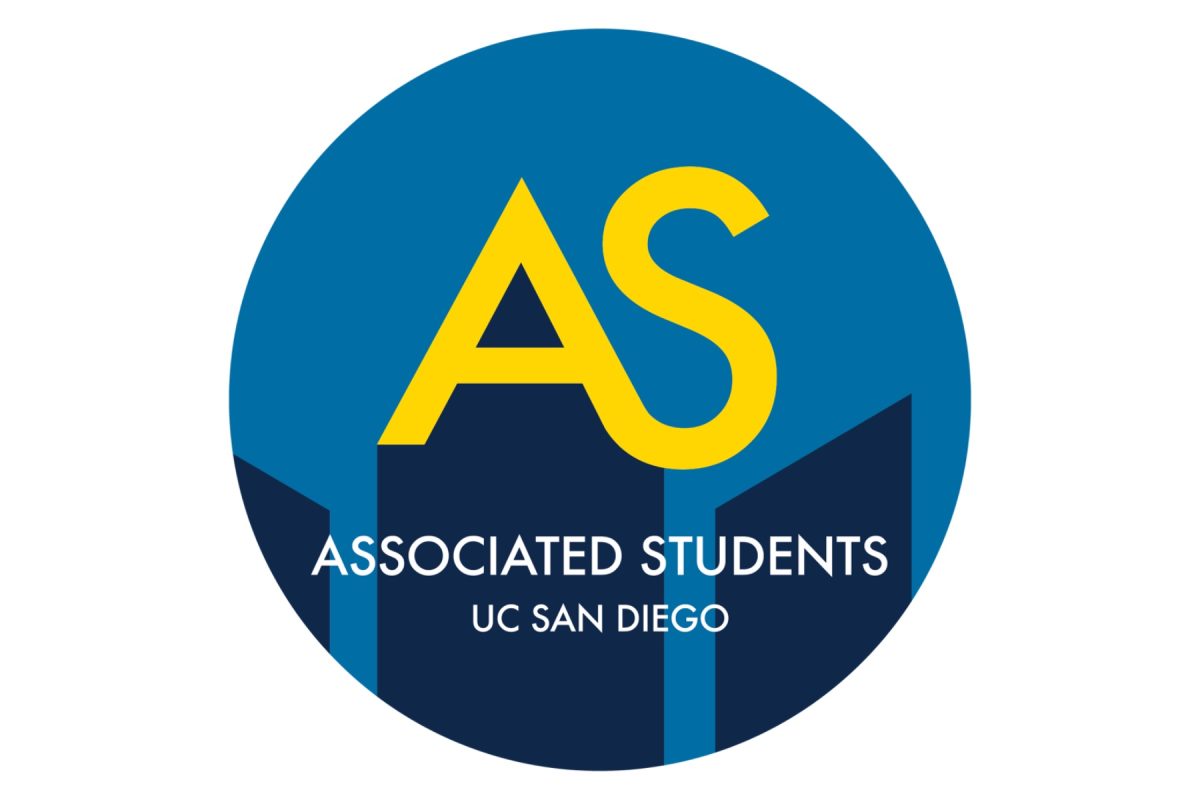The UC Board of Regents did not abide by state law when it raised tuition last November, according to a recent report by the California Legislative Analyst Office. The Required Report on the Implementation of the Working Families Student Fee Transparency and Accountability Act, issued on March 21, stated that the University of California did not comply with four out of the six consultation and notification requirements prior to the increase.
The University of California did not: provide specified [sic] information to student representatives at least five days prior to holding meeting with student representatives, provide public notice of initial board meeting to consider increase at least ten days prior to initial board meeting, hold an initial board meeting to consider increase at least 45 days prior to public notice of board meeting to adopt increase and holding consultation meeting with student representatives at least 30 days prior to providing public notice of initial board meeting to consider tuition or fee increase (the UC did this nearly three months late).
Principal Fiscal and Policy Analyst for the LAO Paul Golaszewski told the UCSD Guardian that the University of California justifies not following policy because of its constitutional autonomy.
“Even though the legislature enacted these requirements, this doesn’t bind the UC [system] to follow them,” Golaszewski said. “The state has oversight over the budget but there aren’t any automatic penalties in the legislation.”
However, Golaszewski stated that the legislature could take measures such as having oversight hearings and requiring the University of California to explain why the requirements were not followed.
In addition, the report showed that the University of California did not modify its tuition and fee policies to adhere to the statutes of the legislation since it passed in 2012. These require developing a list of factors to consider before raising tuition and fees.
The factors that must be considered are: the level of state support, the total cost of attendance, the impact of an increase on various categories of students (including historically underrepresented students and low-income students) and the University of California’s efforts to mitigate adverse impacts. When tuition was raised, the University of California considered state support and total cost of attendance as well as the efforts to mitigate adverse impacts, by specifying there should be return-to-aid components or taking into account support available to assist needy students.
However, the impact of the increase on “various categories of students” was not considered.
UCOP Media Specialist Shelly Meron said UCOP adhered to legislation and that discussions regarding tuition were widely reported.
“The report argues that [University of California]’s process was lacking in only two areas: the timing of student consultation and not having a discussion at a regents meeting prior to the vote at a subsequent meeting. We disagree with the findings of the LAO on these points. President Napolitano has personally consulted with students many times — more so than her predecessors — and the tuition issue was discussed during each of those conversations,” Meron said. “The President and many other UC representatives have discussed the need for additional revenue — the cuts in state funding to the [UC system] — and the measures [the University of California] has taken to avoid a tuition increase. These conversations were widely reported.”
According to Golaszewski, Chapter 620 was added to existing laws after a series of tuition increases. He stated that the report was compiled using data taken from questions sent to UCOP to verify compliance, input from the UC Student Association, public record on when the tuition was done and public records provided by the UC Regents.








